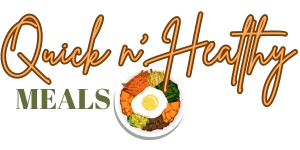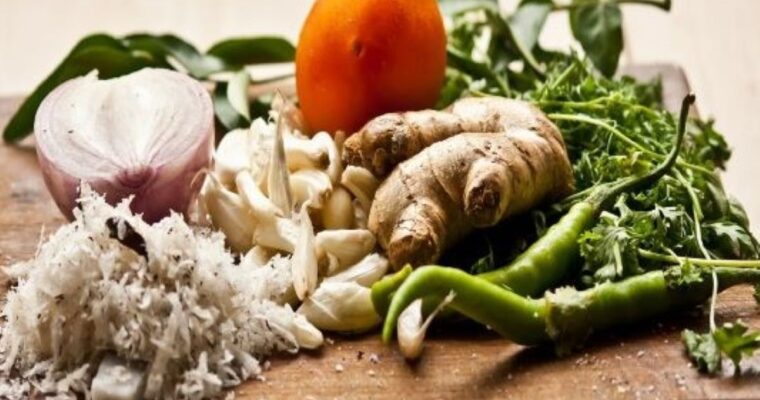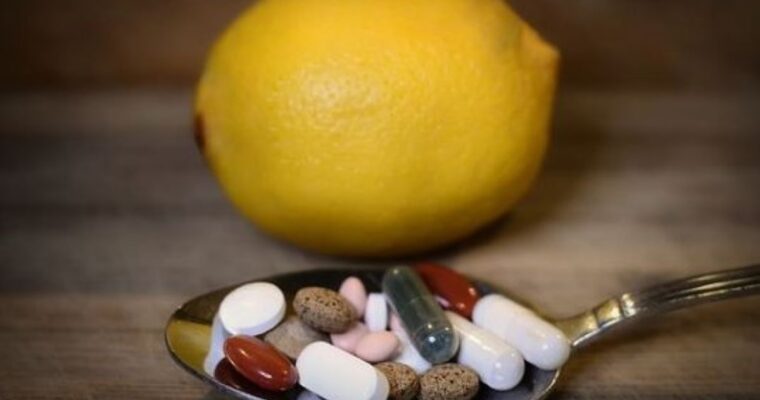Convenience is of great importance to me, especially when it comes to meal preparation. I’ve never aspired to be a chef de cuisine, but rather someone adept at preparing quick, easy, healthy, and most of all, delicious food.
Whenever I have had a particularly hectic day or I’m not in the mood for a lot of cooking, I rely on healthy frozen foods to make quick meals. I have several go-to frozen food brands because they have the perfect balance of taste, nutrition, and price point.
I categorize my healthy frozen foods depending on need – a quick meal, vegetables, proteins, or bread. In this article, I’ll discuss a few of my favorite frozen food selections that you can use to prepare quick, easy, and healthy meals. First up!
Frozen Vegetables
Some people are leery of eating frozen vegetables because they genuinely believe that fresh vegetables are better than frozen vegetables. These people couldn’t be more wrong! Look, I’m not knocking fresh vegetables, I think they’re great, but let’s be honest, do you consume all your fresh produce before it starts to rot? I’ll bet not, in fact, I’ll bet you throw away a lot of those “fresh vegetables” before you even get to eat any, am I right?
The fact is vegetables, when flash-frozen at the peak of ripeness, retain all their vitamins and nutrients, all without the need for preservatives. Conversely, fresh vegetables begin to deteriorate and lose their vitamins the longer they’re stored. You see where I’m going here right? Frozen vegetables are far superior to fresh vegetables. Some of my favorites to get include:
- Broccoli & Broccoli Rabe – make quick steamed broccoli with garlic butter
- Mixed Vegetable Stir Fry Blend – great for a quick saute or Asian-inspired meals
- Cauliflower & Cauliflower Rice – the possibilities are endless!
- Asparagus
- Okra
- Sugar Snap Peas
Of course, there are plenty of other frozen vegetables available for any cuisine, I just happen to use the listed ones the most. Feel free to explore or find your favorite frozen vegetables at your local supermarket. Next up, fish!
Frozen Fish
I am a bit more discerning about fish when it comes to frozen foods. Some seafood just doesn’t freeze well, in my opinion. Moreover, I don’t eat just any fish, I try to eat sustainable, wild-caught fish whenever I can. To be sure, these types of fish may cost a bit more than their farmed counterparts, but I put a premium on my health and will happily pay the extra cost whenever I can.
My top picks for frozen fish include:
- Wild-caught Salmon
- Kingfish
- Monkfish
- Halibut
- Red Snapper
- Mixed Seafood (mix of octopus, scallops, calamari, clams, oysters, etc.)
I’ve tried some frozen seafood that I didn’t enjoy once I defrosted and cooked it. These include:
I find that when defrosted, these fish turn out soggy and mealy-textured, not at all appetizing. Your experience may be different, but I avoid frozen shrimp, cod, and scallops and opt for the fresh version if I’ll be using them in a meal.
Except for the salmon, I buy most of the above-mentioned top-pick list of fish fresh then package them for storage in the freezer. It’s a system that works pretty well and I can prepare delicious fish dishes whenever I have a craving for seafood.
Frozen Bread
If you’ve followed this blog for any amount of time, you’d know that I’m not much of a bread eater because I follow a keto-ish lifestyle. This means no high-carb bread for me! Since I have to prepare meals for others in my household who are not so finicky about carbs and who insist on having “real bread”, I had to find options that I could prepare on the fly.
Enter frozen bread, frozen flatbread to be specific. Of course, I do include regular loaf bread in my roster of frozen bread but I by far prefer the frozen flatbread options. My top picks for frozen bread include:
- Trader Joe’s Tandoori Naan
- Trader Joe’s Scallion Pancake
- Trader Joe’s Wild Mushroom and Black Truffle Flatbread
Frozen Meals
There are times in life when frozen meals are a lifesaver for busy people trying to provide a hot meal for their family. However, the one caveat I have to this practice is to choose healthy frozen meals. By this, I mean that frozen meals should be primarily made with healthy and wholesome ingredients very few preservatives, and moderate levels of sodium and sugar.
It takes a lot of label-reading, but it’s necessary to take the extra time to ensure that you’re not delivering a dose of poison along with your frozen chicken pot pie. If you’re not into reading labels but do want the convenience of quality, chef-prepared frozen meals, you can always try Bistromd – they have some great flash-frozen meals prepared according to your diet and ready to heat and eat.
Some of Bistromd’s doctor-designed and chef-prepared frozen meals include:
- Salmon with Dill Mustard Sauce
- Beef and Red Wine Sauce and Barley
- Green Chile Pork with Southwest Salsa
- Fisherman’s Seafood Stew
These are just a few of the meals available on their menu but they have hundreds more including breakfast! If you want true convenience, try Bistromd and you’ll no longer have to think about what’s for breakfast, lunch, or dinner.
Final Thoughts On Healthy Frozen Foods
You don’t need to sacrifice taste and nutrition by using frozen foods you can receive a boost in nutrition by just cooking and eating flash-frozen vegetables!
The fact is, healthy frozen foods can save you a lot of time and convenience for meal preparation when you’re short on time. By going to a freezer well stocked with select frozen foods, you can quickly make breakfast, lunch, or dinner. Make sure your stores include a variety of green and colorful vegetables, lean proteins, and fish that freeze well like the ones mentioned above.
You can round out your frozen food supply with tasty frozen flatbread and if you’re following a meal plan like the ones available at bistromd, you can have doctor-reviewed and chef-prepared frozen meals delivered to your door weekly. Talk about convenience!
Do you use frozen foods? What are some of your favorites? Let us know in the comments. Until next time: Happy Eating!







